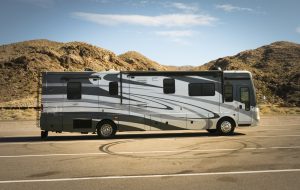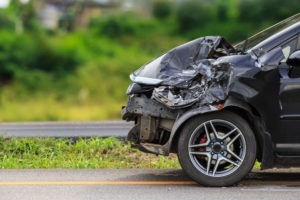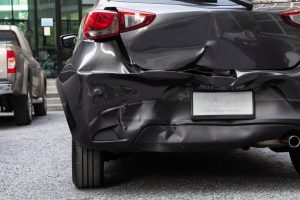
RVs have now become a popular means of travel. You can travel to your destination in the safety and comfort of your own recreation vehicle.
As with all means of travel, RVs can be dangerous if not operated correctly.
Safety is critical when towing or driving an RV. Preparation, education and planning can have a big impact on your safety.
- Learn How to Drive an RV: Driving a motorhome, or pulling an RV, has more in common with driving a tractor-trailer rather than a vehicle. An RV maneuvers very differently from a car, SUV or pickup truck so make sure you get plenty of practice.
- RV Insurance: Make sure your auto insurance covers your RV. Also be sure your roadside assistance specializes in RV towing.
- Reservations: Be sure you make reservations ahead of time. You do not want to be stuck without a place to park your RV at night.
- Check Road Conditions and Weather: Checking for road closures and severe weather ahead of time can help ensure your safety while traveling.
- Electrical Load: Make sure you know your RV’s electrical load and never overload circuits.
- Weight: Weight distribution can be critical when driving an RV. You must stay under the legal limits for your specific RV.
- Take it Slow: When driving an RV or towing a camper, slower driving is key. Braking will require a little more time, so maintain a greater distance from the vehicles in front of you, be aware and give yourself time to react.
However you plan on traveling this summer, we hope you do so safely and enjoy the ride.
Recovering compensation after an accident.
If you or a loved one were injured in an RV accident, do not assume the accident was your fault. You may have the right to recover money for medical bills, wage loss, and pain and suffering.
Contact the personal injury attorneys at Berger and Green at 412-661-1400 for a free no obligation consultation to discuss your case today.
Source: Tripsavvy.com, “10 Safety Tips for Planning an RV Trip”







